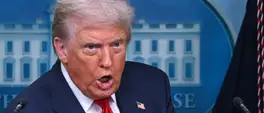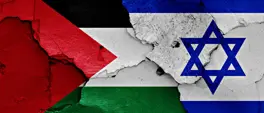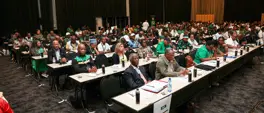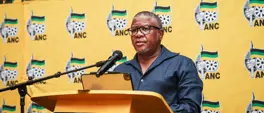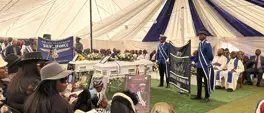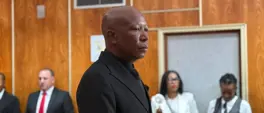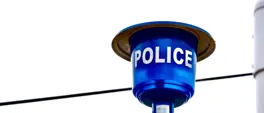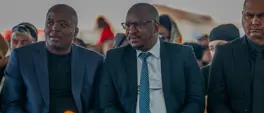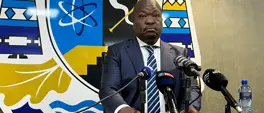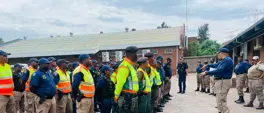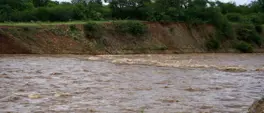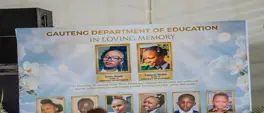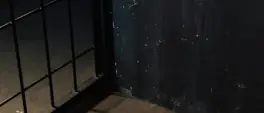Inquiry into unprosecuted TRC cases meant to bring families closure, says Ramaphosa
Nokukhanya Mntambo
2 May 2025 | 8:00After its completion in 2003, the TRC referred more than 400 cases to the National Prosecuting Authority (NPA).
MPUMALANGA - President Cyril Ramaphosa has said that the newly announced commission of inquiry into unprosecuted Truth and Reconciliation Commission (TRC) cases is a fact-finding mission meant to bring closure to families who lost loved ones during apartheid.
After its completion in 2003, the TRC referred more than 400 cases to the National Prosecuting Authority (NPA).
But there has been widespread criticism about the lack of accountability for apartheid-era atrocities like murder and torture.
Earlier this year, some families brought an application against Ramaphosa and five other heads of departments seeking R167 million in damages, accusing them of allegedly "suppressing" investigations into cases referred to the NPA by the TRC.
The terms of reference and the names of people appointed to lead the inquiry established by the president are yet to be announced.
Speaking on the sidelines of the Congress of South African Trade Unions (COSATU)’s annual Workers' Day rally in Mpumalanga on Thursday, Ramaphosa explained his thinking behind the inquiry.
"People were killed, people were maimed and injured, and families want to know exactly what happened. And they also want to know what gave rise to us a government having slow movement in investigating those cases and prosecuting them.
"We are doing exactly that, so that the people can have closure, so that people responsible for atrocities can be brought to book, so that we can also correct our own errors of correcting things that happened in the past," said Ramaphosa.
Get the whole picture 💡
Take a look at the topic timeline for all related articles.
